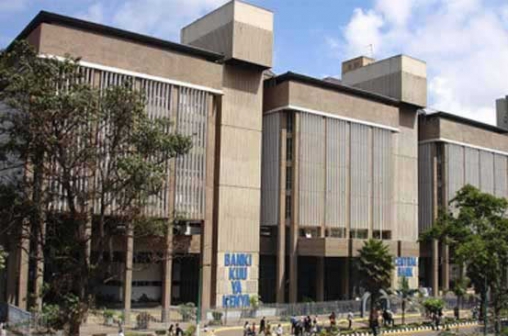×
The Standard e-Paper
Fearless, Trusted News

NAIROBI, KENYA: Kenyans aren’t the type to get left behind when it comes to global trends. So it doesn’t come as a surprise that Bitcoin, a virtual currency, is taking the country by storm just as its phenomenal rise in value captures the world’s attention.
But what really is Bitcoin? Where do you get it from? And are you really likely to get rich by dealing in Bitcoin?